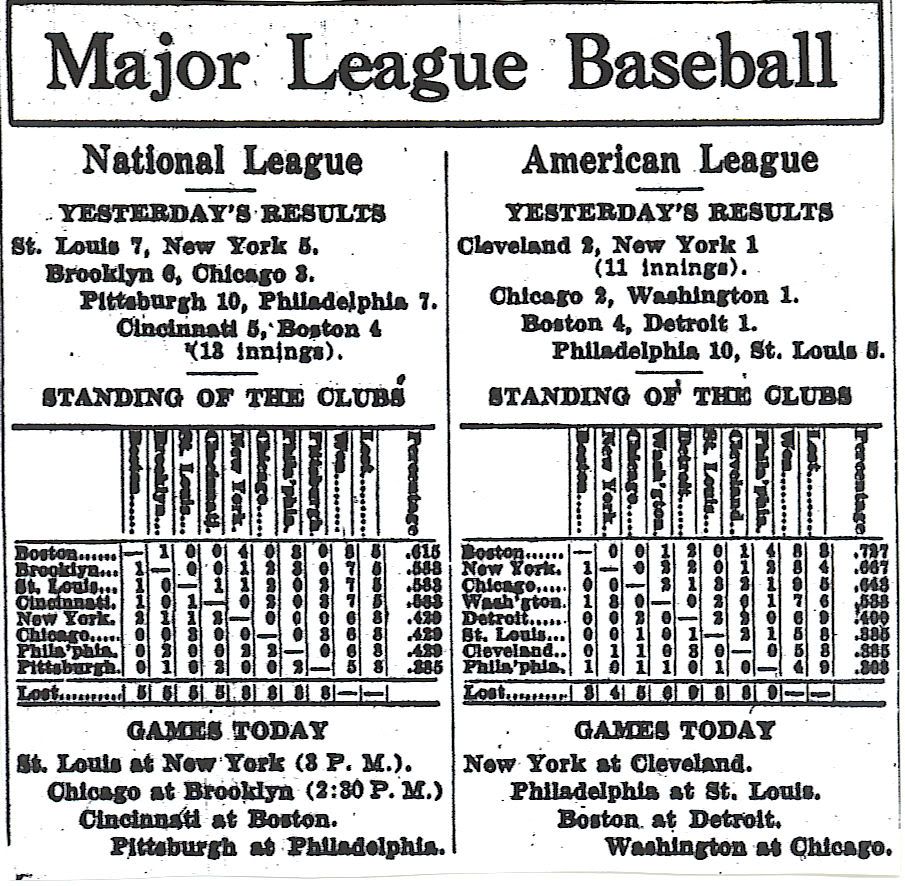
Although the top brass of the Wehrmacht had a low opinion of Italian military power, Hitler now pressed for a military alliance with Italy, which Mussolini had been in no hurry to conclude. Staff talks between the two high commands began in April and Keitel reported to OKW his "impression" that neither the Italian fighting services nor Italian rearmament were in very good shape. A war, he thought, would have to be decided quickly, or the Italians would be out of it.
By mid-April, as his diary shows, Ciano was alarmed by increasing signs that Germany might attack Poland at any moment and precipitate a European war for which Italy was not prepared. When, on April 20, Ambassador Attolico in Berlin wired Rome that German action against Poland was "imminent" Ciano urged him to hasten arrangements for his meeting with Ribbentrop so that Italy would not be caught napping.
The two foreign ministers met at Milan on May 6. Ciano had arrived with written instructions from Mussolini to emphasize to the Germans that Italy wished to avoid war for at least three years. To the Italian's surprise, Ribbentrop agreed that Germany wished to keep the peace for that long too. In fact, Ciano found the German Foreign Minister "for the first time" in a "pleasantly calm state of mind." They reviewed the situation in Europe, agreed on improving Axis relations with the Soviet Union and adjourned for a gala dinner.
When after dinner Mussolini telephoned to see how the talks had gone, and Ciano replied that they had gone well, the Duce had a sudden brain storm. He asked his son-in-law to release to the press a communiqué saying that Germany and Italy had decided to conclude a military alliance. Ribbentrop at first hesitated. He finally agreed to put the matter up to Hitler, and the Fuehrer, when reached by telephone, readily agreed to Mussolini's suggestion.
Thus, on a sudden impulse, after more than a year of hesitation, Mussolini committed himself irrevocably to Hitler's fortunes. This was one of the first signs that the Italian dictator, like the German, was beginning to lose that iron self-control which up until this year of 1939 had enabled them both to pursue their own national interests with ice-cold clarity. The consequences for Mussolini would soon prove disastrous.
William L. Shirer, The Rise and Fall of the Third Reich